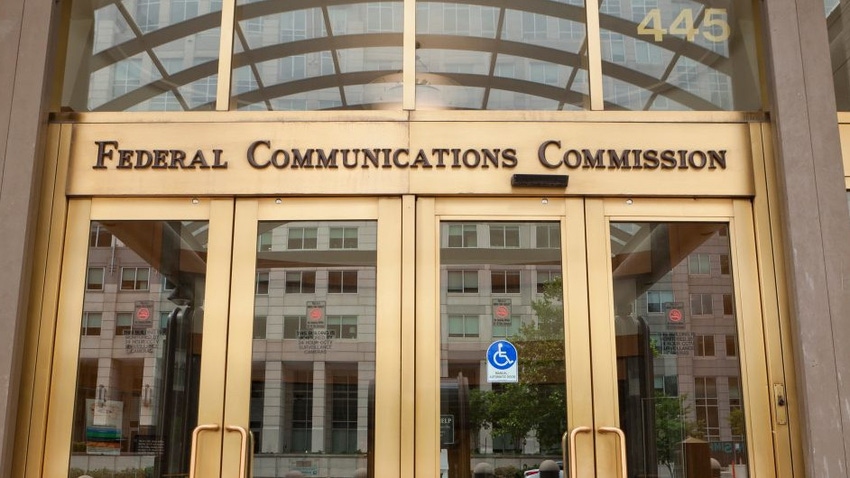It's been a year since the FCC was allowed to auction any spectrum
The Federal Communications Commission (FCC) has marked one year since the lapse of its spectrum auction authority.
March 11, 2024

As anniversaries go, it is not one deserving of any particular fanfare. However, it is worth highlighting as a telecoms-related example of the stubborn partisanship and general dysfunction that has paralysed the US government, undermining its global authority and competitiveness.
Late last year the ITU-led World Radiocommunication Conference (WRC-23) allocated additional frequencies in the 6 GHz for International Mobile Technologies (IMT), a decision cheered by the mobile industry. It also established rules for using 2-GHz and 2.6-GHz spectrum for high-altitude platform stations (HAPS).
These decisions represent an opportunity to stimulate new services, businesses, and economic activity, but it's an opportunity that will go begging if there is uncertainty about allocating that spectrum.
That's the predicament facing the US, where this time last year the senate failed to renew the FCC's authorisation regarding spectrum auctions for the first time in 30 years.
"This anniversary is an unfortunate reminder of the logjam that is holding America back from securing our innovation leadership and enhancing our global economic competitiveness," said CTIA president and CEO Meredith Attwell Baker.
"While we've been stuck in neutral, other countries are racing ahead. This time last year, we were already behind in making critical mid-band spectrum available for licensed, commercial 5G use," she said. "Now that gap is even wider."
T-Mobile US was one victim of Congress' intransigence. After spending $304 million on 2.5-GHz spectrum in Auction 108, the FCC then didn't get round to allocating it before its authority lapsed. AT&T compounded matters by opposing the allocation on competition grounds, but it was the political situation that caused the initial delay.
After petitioning the FCC and fending off AT&T, T-Mobile was finally able to start activating its 2.5-GHz spectrum last week.
The GSMA reckons about 7 GHz of additional spectrum per country is needed to fully deliver on 5G, so the FCC's inability to hold auctions will compound the US' problems.
"Competitive carriers must have access to spectrum to meet our nation's insatiable demand for wireless connectivity, especially as carriers deploy 5G and prepare for 6G services," said Tim Donovan, president and CEO of the Competitive Carriers Association (CCA). "This is a critical issue that impacts the entire wireless ecosystem, including consumer applications and business models that will improve lives and drive economic development nationwide."
Ahead of the 1-year anniversary, FCC chairwoman Jessica Rosenworcel said the watchdog is looking into alternative ways of awarding spectrum.
"For more than thirty years, the Federal Communications Commission’s authority to auction the nation’s airwaves proved to be an indispensable tool for harnessing the promise of new wireless technologies while also spurring economic growth, creating jobs, and strengthening our national security and international leadership," she said. "However, in light of the reality the agency has faced for almost a year, we are now compelled to ask what we can do with our current unassigned spectrum in order to keep innovation moving ahead in a global market for wireless that is not slowing down."
The FCC has launched a docket that explores what other levers it may be able to pull in order to provide public access to frequencies."
"I remain hopeful that the FCC's auction authority will be restored quickly so that this important programme is once again able to produce results for consumers and the economy," Rosenworcel said. "The agency stands ready to work with lawmakers to ensure we don't find ourselves in the same place next year."
Given the US is in an election year, and it's an election that's shaping up to be even more bitterly-fought and acrimonious than the last one, that hope might soon fade.
About the Author(s)
You May Also Like








.png?width=300&auto=webp&quality=80&disable=upscale)


_1.jpg?width=300&auto=webp&quality=80&disable=upscale)


.png?width=800&auto=webp&quality=80&disable=upscale)